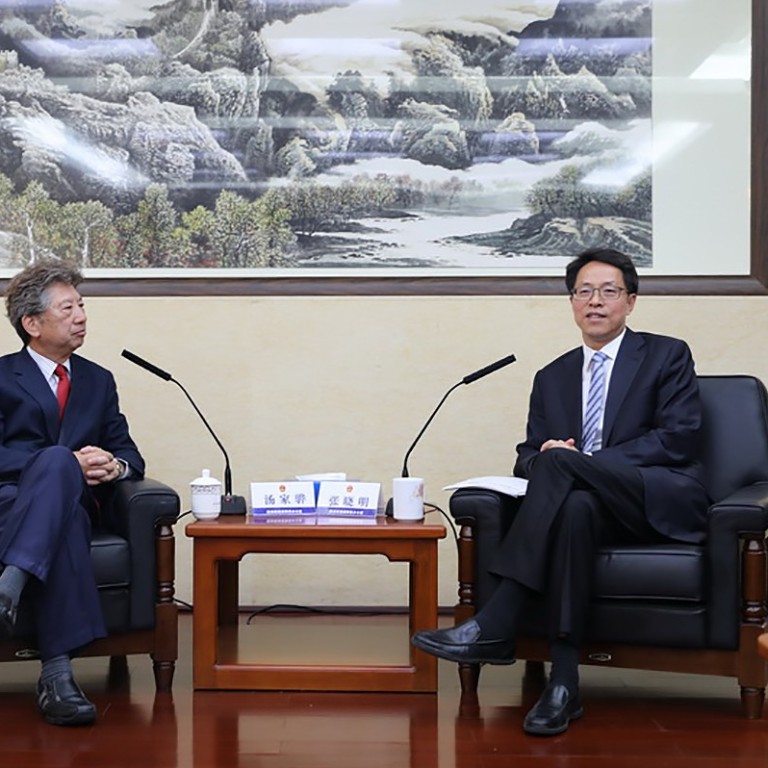
Hong Kong extradition bill: fears over mainland China’s judicial system need to be addressed, says Zhang Xiaoming, Beijing’s top official for the city
- Head of the State Council’s Hong Kong and Macau Affairs Office was speaking to a Hong Kong delegation on Wednesday
- Dozen Hong Kong legal heavyweights say they are ‘dismayed’ with government’s insistence on pushing through bill
China’s top official in charge of Hong Kong affairs has urged both the local and central governments to do more to allay fears in the city over the controversial extradition bill, as 12 legal heavyweights jointly expressed “dismay” at the government’s insistence on pushing it through the legislature.
Zhang Xiaoming, director of the State Council’s Hong Kong and Macau Affairs Office, also called for rational debate over the bill as he met a delegation on Wednesday from local think tank Path of Democracy, led by Ronny Tong Ka-wah, a cabinet adviser to Chief Executive Carrie Lam Cheng Yuet-ngor.
“He recognises there’s work to be done by both the Hong Kong and central governments to allay the fears of people in the city,” Tong said, noting Zhang had raised the issue of the extradition bill when he talked about Hongkongers’ concerns about mainland China’s judicial system.
Tong, however, said there was no discussion during the two-hour meeting about any possible concessions over the controversial bill, which would allow fugitives to be transferred from Hong Kong to other jurisdictions with which it has no extradition deal, including the mainland.
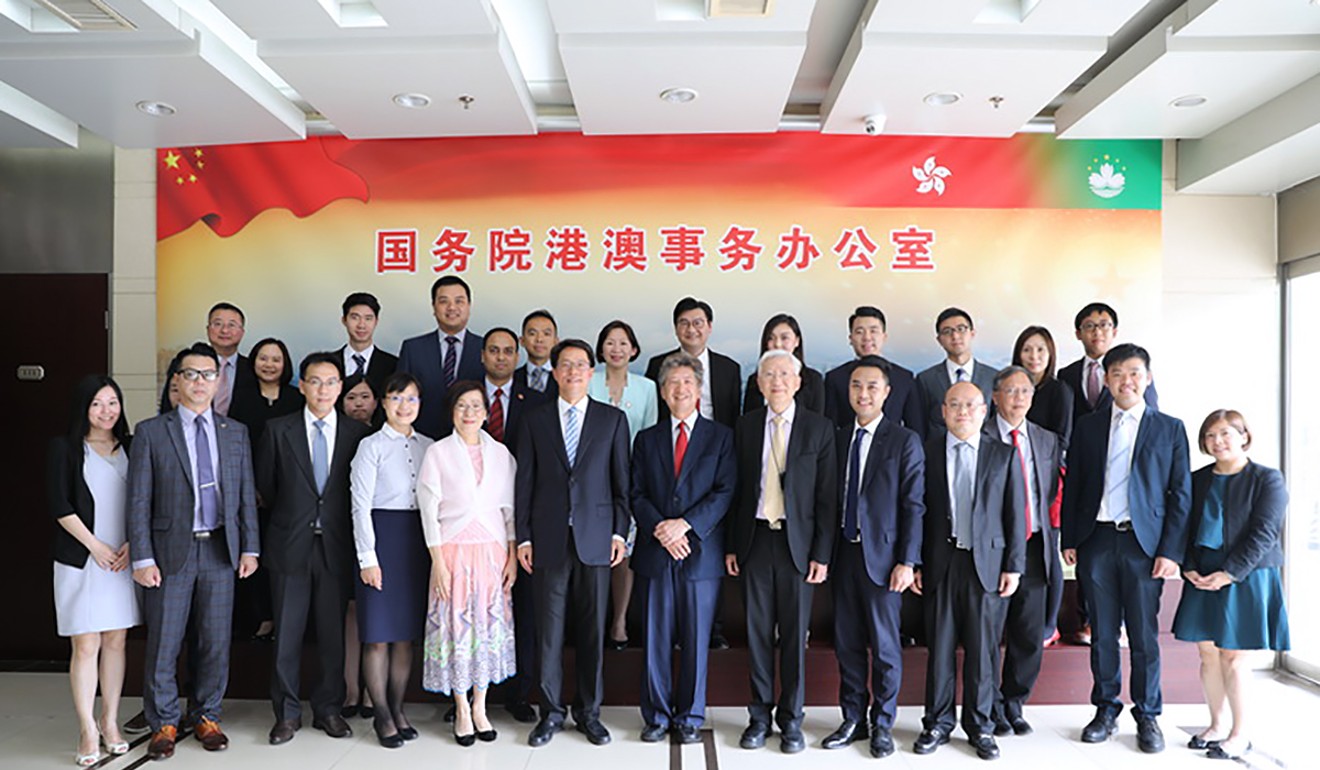
Opposition to the bill has blown up into a political crisis for Lam’s administration because of serious domestic and international concerns among those who fear the possibility of politically motivated persecution under mainland China's legal system.
Tens of thousands have taken to the streets against the bill, and parliaments in foreign countries, including the US and Germany, have raised their concerns.
Council of chaos: what next for controversial extradition bill?
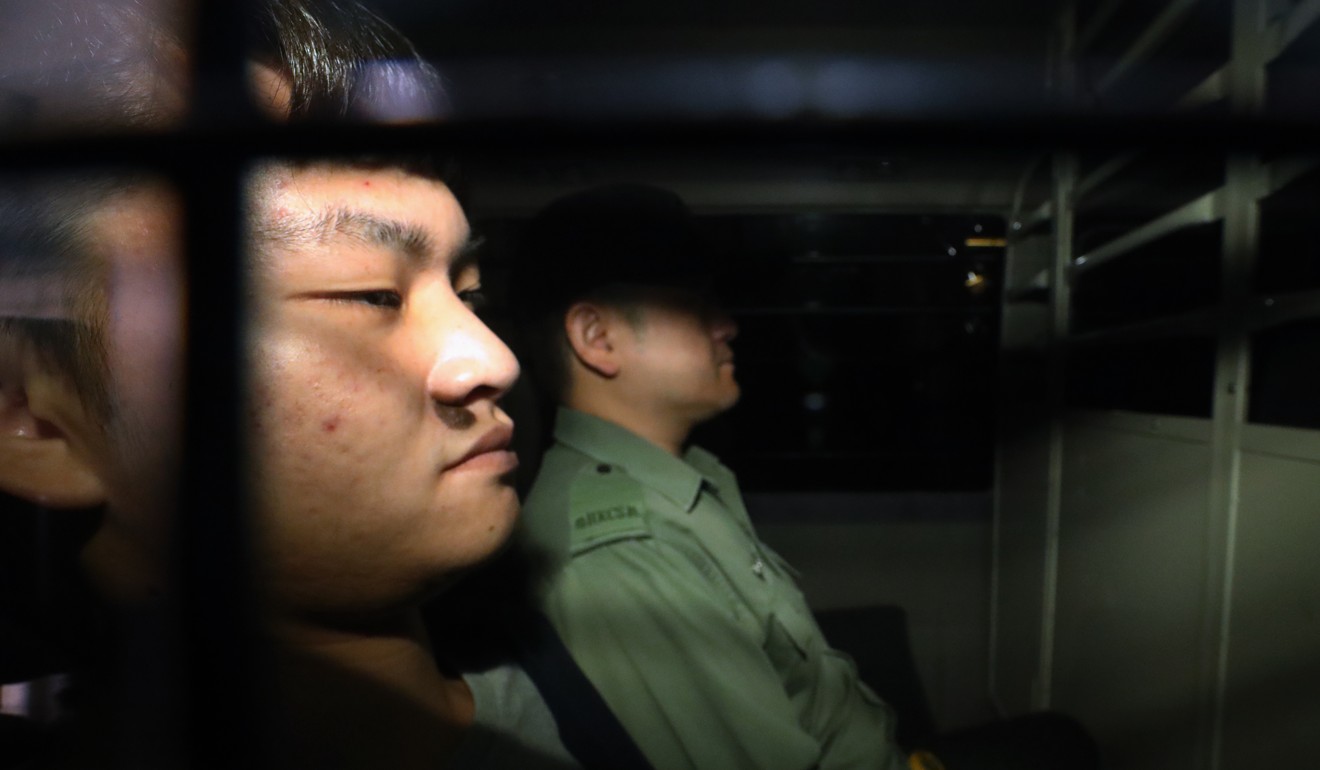
“[Zhang] gave me the impression he has a full grasp of the various arguments in relation to the amendment and he regarded the amendment as appropriate, reasonable and within legal principles,” Tong said.
Congressional report warns Hong Kong extradition bill could pose risk to US national security
Zhang assured the delegation Beijing “absolutely respects” the city’s legal system and jurisdiction, and urged Hongkongers not to be worried, Tong added.
Hong Kong officials have stressed the urgency of amending the existing extradition law through the bill by October so that a murder suspect wanted in Taiwan can be sent to the self-ruled island to face trial, and they expect to secure enough votes in Legco to pass it before the council’s annual session ends in July.
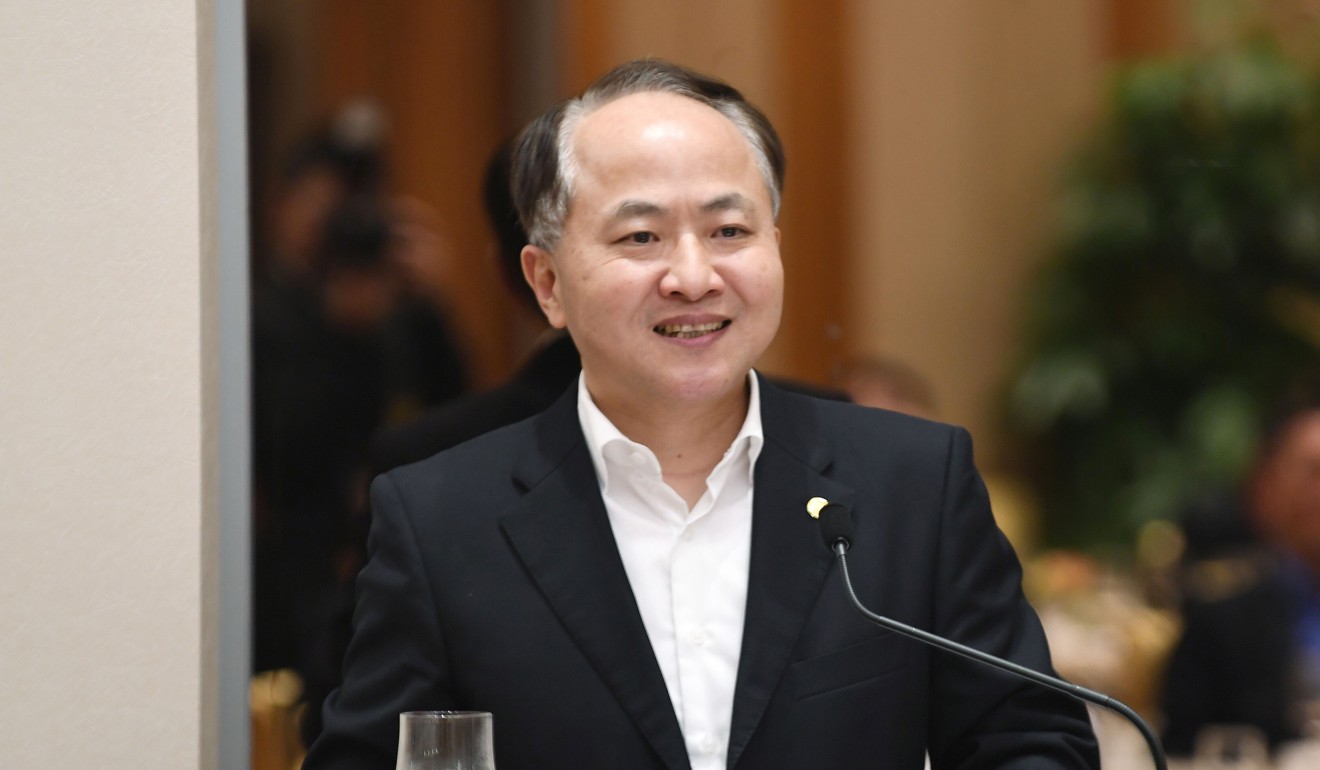
“I think [Zhang] believes there’s an urgency, but not to the extent that we have to pass it by next week,” Tong said.
In a press release from his office, Zhang said the amendment was “necessary”, and highlighted three points to follow: safeguard the rule of law and justice; restore reason and professionalism; and respect “facts” and the mainland system under the governing principle of “one country, two systems”.
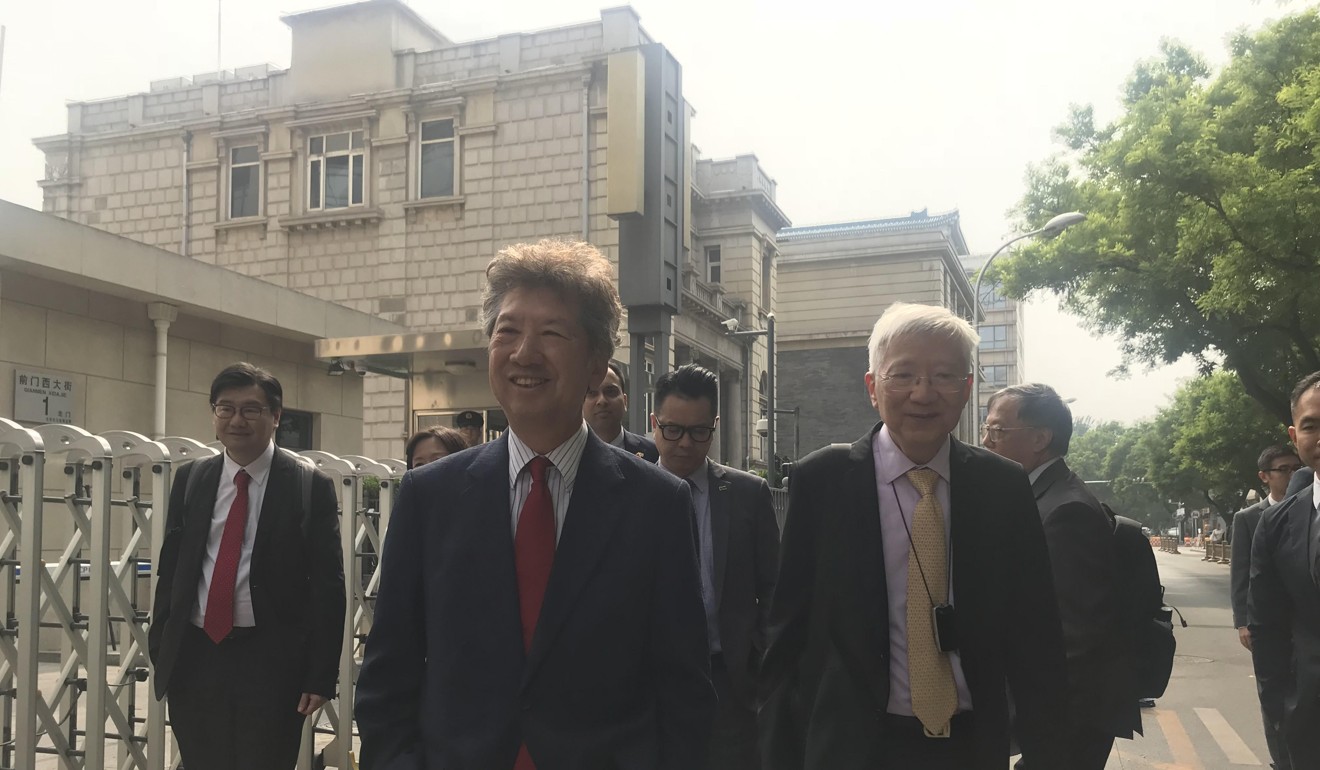
In a joint statement on Wednesday, Hong Kong Bar Association chairman Philip Dykes and 11 of his predecessors, including Paul Shieh Wing-tai and Denis Chang Khen-lee, said they were “dismayed” by the government’s insistence on pushing through the amendment to the Fugitive Offenders Ordinance without proper consultation.
They said the proposed new legislation, if implemented, would “circumvent the traditional safeguard” that ensured extradition and rendition proceedings would only be available where the criminal legal system and procedure had previously been determined to be compatible with those of Hong Kong.
Hong Kong chief stakes credibility on extradition bill – but impasse continues
“The oft-repeated assertion that the judges will be gatekeepers is misleading … The proposed new legislation does not give the court power to review [applications for extradition or rendition] and the court would be in no position to do so,” they argued.
Ronny Tong is also a past chairman of the Bar Association, but does not share its concerns.
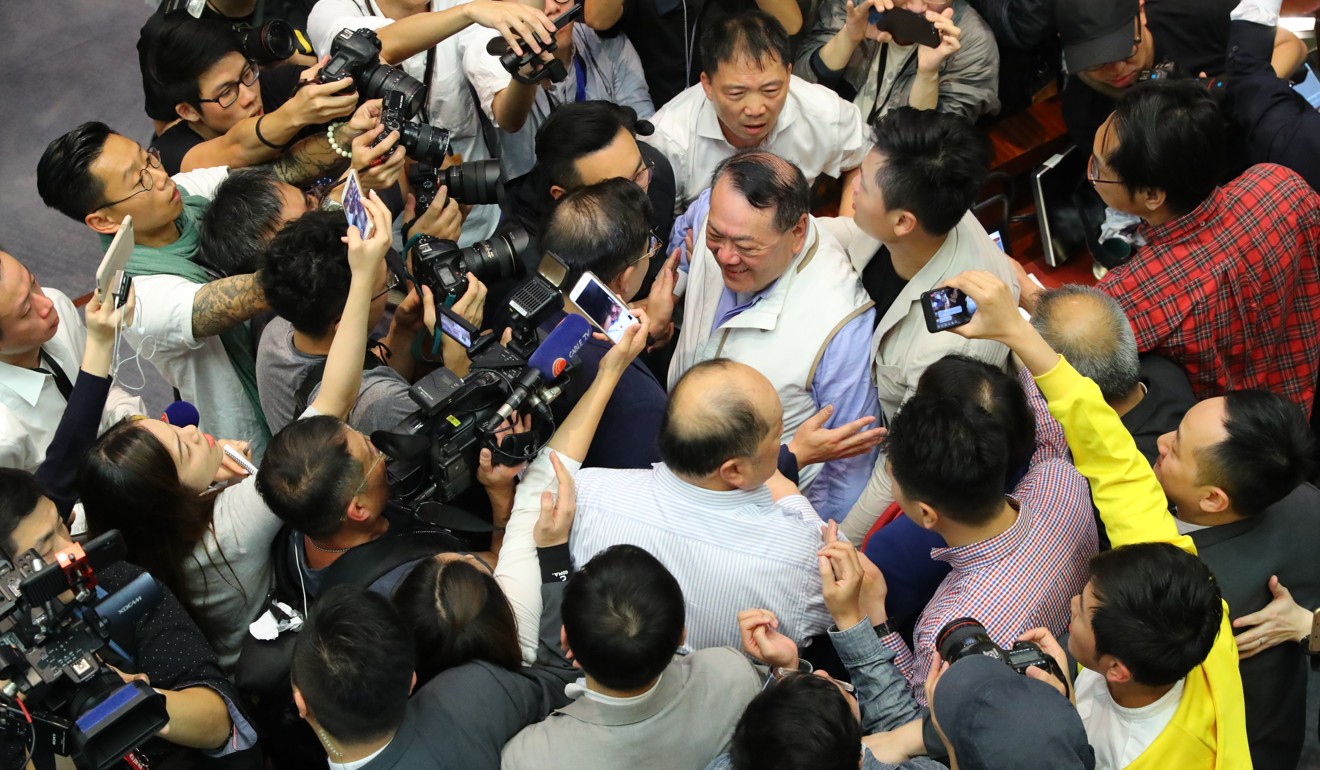
Beijing’s liaison office in Hong Kong also expressed support for the bill and urged residents not to heed “rumours” spread by detractors.
“The liaison office firmly believes society will fully understand the [Hong Kong] government’s commitment and effort, and reject rumours and man-made fear,” it said in a statement reflecting remarks made in a leadership meeting hosted by office director Wang Zhimin on Tuesday.
Meanwhile, politicians in Germany, Canada and Britain voiced concerns about the extradition bill.
In a meeting with former No 2 official Anson Chan Fang On-sang and lawmaker Dennis Kwok, German minister of state for foreign affairs Niels Annen was quoted as expressing her country’s concerns over the bill, warning it could negatively affect an existing bilateral treaty it had with Hong Kong.
Separately, eight lawmakers – four from each of the two rival camps in the Legislative Council – will meet on Thursday morning in an attempt to break the deadlock in the bills committee.
Top Hong Kong officials defend controversial extradition bill
Lawmakers on either side were floating ways to resolve the crux of the dispute – the legality of each camp’s rival bills committees.
Aside from pan-democrat Claudia Mo Man-ching’s proposal to reboot the bills committee procedure, another option from the pro-establishment bloc is to task a special House Committee, which essentially covers all lawmakers, with scrutinising the bill.
But veterans from both camps have expressed scepticism ahead of the meeting, with some even calling it a waste of time.
Additional reporting by Alvin Lum



